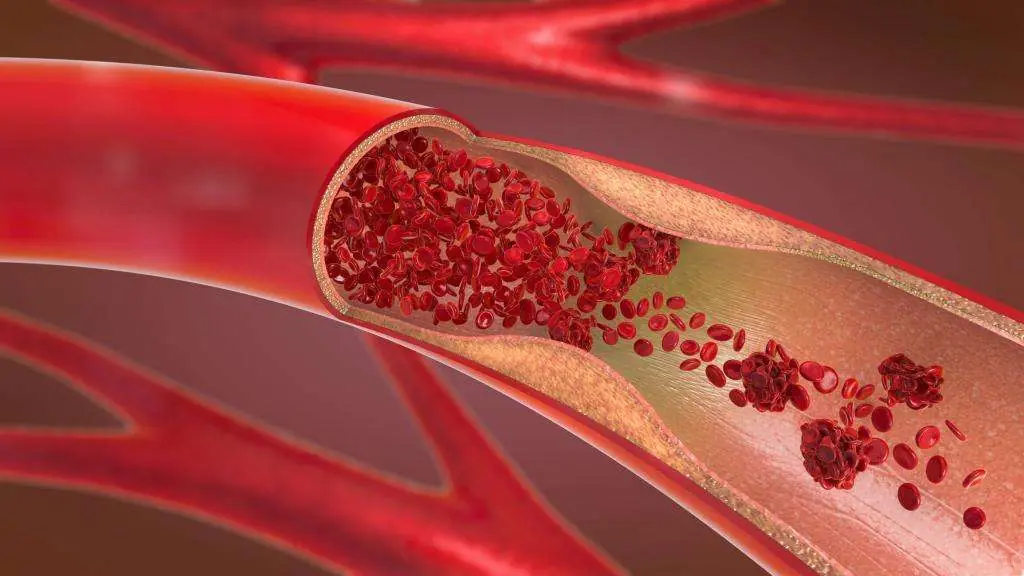
5 Deficiencies Almost Everyone Has (And Doesn’t Know About)
5 Deficiencies Almost Everyone Has (And Doesn’t Know About)
Although we live in a culture of abundance with a wide variety of foods, many people still suffer from nutritional deficiencies. Some of the most common deficiencies are iron and vitamin D, and while they affect a large number of people, most don’t even know about them. It is extremely important to treat any deficiency as soon as possible to prevent long-term damage.
This article will cover five major vitamin and mineral deficiencies, providing guidance on how to spot them and how to treat them. Many of us may have one or more of these nutritional deficiencies without even realizing it.
5 Common Vitamin and Mineral Deficiencies
1. Vitamin B12 Deficiency
.jpg)
Vitamin B12 (also called cobalamin) is a water-soluble vitamin that plays a crucial role in the production of red blood cells and is required to keep nerve cells healthy. According to Harvard Medical School, a vitamin B12 deficiency can be sneaky and harmful. The American Journal of Clinical Nutrition reports that 1 in every five adults has marginal levels of vitamin B12.
-
How to identify vitamin B12 deficiency: Symptoms may include a feeling of fatigue, tingling or numbness in the feet or fingertips, and even depression. You can confirm a vitamin B12 deficiency with a simple blood test.
-
How to resolve vitamin B12 deficiency: Consume foods with high levels of vitamin B12, such as meat, poultry, fish, and eggs. Vegetarians have limited options but can get it from eggs and nori. Non-animal sources also include nutritional yeast and vitamin B12-fortified products like almond milk and cereals. One medical study says that dried purple laver (nori) is the most suitable vitamin B12 source currently available for vegetarians. If you cannot get enough vitamin B12 through your diet, you may need to take B12 supplements or even receive injections.
2. Iron Deficiency
Iron is a mineral and one of the essential nutrients the body needs.
-
How to identify iron deficiency: An iron deficiency can make you feel constantly tired, lack energy, have a pale complexion, or cause frequent headaches. It can also lead to pale skin and brittle nails. A lack of iron can also lead to iron deficiency anemia. You can find out if you have an iron deficiency by having a simple blood test. Anemia can also be detected using the MCHC blood test.
-
How to treat iron deficiency: Consume iron-rich foods such as meat, poultry, fish, and eggs. Animal sources contain heme iron, which your body can easily absorb. Unlike vitamin B12, you can also get iron from non-animal sources like beans, tahini, and green vegetables. However, nonheme iron from plants is poorly absorbed by the body. In some cases, you may need to take an iron supplement. You can increase iron absorption from food by combining it with vitamin C, which is found in oranges, tomatoes, and peppers. Some foods, such as calcium-containing products or those with caffeine, can interfere with iron absorption, so it's best to consume them at separate times.
3. Omega-3 Deficiency
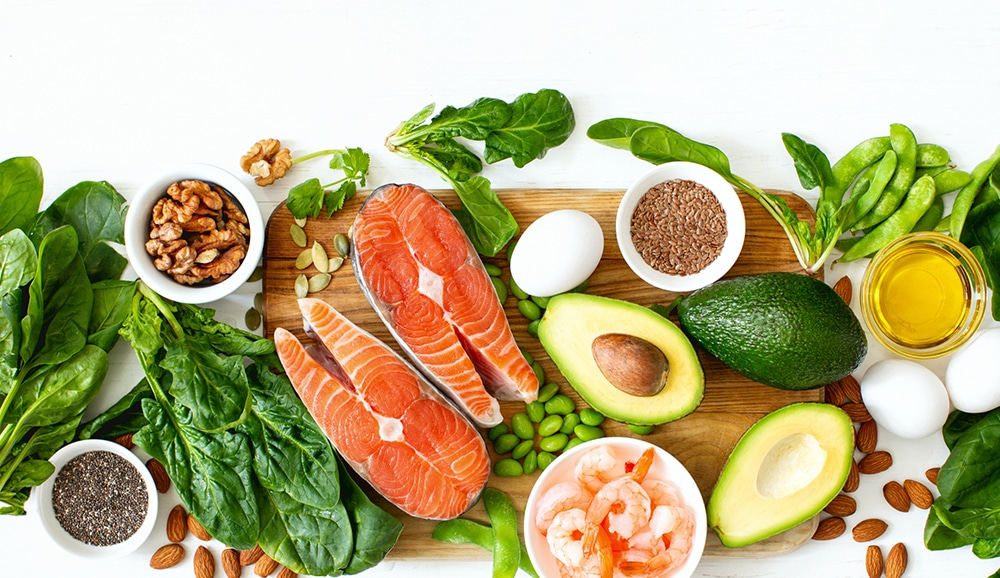
Omega-3 fatty acids are a family of polyunsaturated fats that are essential to your body. There are three types of omega-3 fatty acids:
-
EPA and DHA: Found mainly in deep-water fatty fish.
-
ALA: Found in plant sources such as flaxseeds.
EPA and DHA are the most effective types of omega-3 fatty acids. Your body can use ALA, but it needs to convert it to DHA and EPA, and the conversion rate is very low. DHA has a structural role in cell membranes and is particularly dominant in the nervous system, brain, and eyes. EPA has a beneficial effect on the heart and blood vessels and helps to prevent depression and improves mood, cognition, and concentration.
High levels of omega-3 fatty acids help to reduce the risk of heart disease, blood vessel disease, and stroke. Having sufficient levels of omega-3 can also help to reduce insulin resistance, reduce the risk of depression, improve cognitive function and brain development. It can also help to prevent chronic diseases and cancer. A review of scientific studies from 2013 found that a high intake of EPA and DHA is associated with a lower risk of breast cancer.
-
How to identify a lack of omega-3: The best way to detect this deficiency is to have a blood test.
-
How to prevent omega-3 deficiency: The most popular way to prevent this deficiency is to take a high-strength fish oil supplement or krill oil supplement. Alternatively, you can consume at least two servings of deep-water fish such as salmon twice a week. If you are a vegetarian, consume flaxseeds daily as they are a good source of ALA.
4. Magnesium Deficiency
Magnesium is an essential mineral for our body. According to the National Institute of Health, magnesium is an important mineral because it is involved in over 300 biochemical reactions. Magnesium is especially important for keeping your heart and nervous system healthy and is also required to prevent muscle contraction. A close relationship has been found between magnesium deficiency and increased blood sugar levels, making it recommended for diabetics to consume it as part of maintaining sugar balance in their body.
-
How to identify magnesium deficiency: The warning signs of low magnesium levels can be difficult to spot. A magnesium deficiency can show signs like muscle cramps, fatigue, nausea, tingling in your hands, and constipation.
-
How to treat magnesium deficiency: Consume foods that are high in magnesium. Some of the best foods are green leafy vegetables, nuts, seeds, and whole grains. You can also take magnesium supplements in powder, liquid, capsule, or tablet form. Inexpensive products often feature magnesium citrate, which is among the most readily absorbed forms of magnesium.
5. Vitamin D Deficiency
Vitamin D is important for overall health and plays a crucial role in ensuring our muscles, heart, lungs, and brain function well. Vitamin D is very important for the absorption of calcium in the body and helps maintain bone density. A vitamin D deficiency can lead to decreased bone density and affects the function of the thyroid gland.
A lack of vitamin D is very common in the Western world today, partly due to the use of sunscreen and less sun exposure. Other reasons for this deficiency are functional problems of the liver and kidneys.
-
How to identify vitamin D deficiency: You can check the level of vitamin D with a simple blood test.
-
How to treat vitamin D deficiency: After consulting with your physician, you can take a vitamin D supplement.
News in the same category


Scientifically Proven Health Benefits of Cayenne Pepper

7 Thing That Happen To Your Body When You Stop Having Intimacy Moments
Taking a break from intimacy doesn’t mean something is wrong. In fact, it can be a time for growth, healing, and self-discovery.
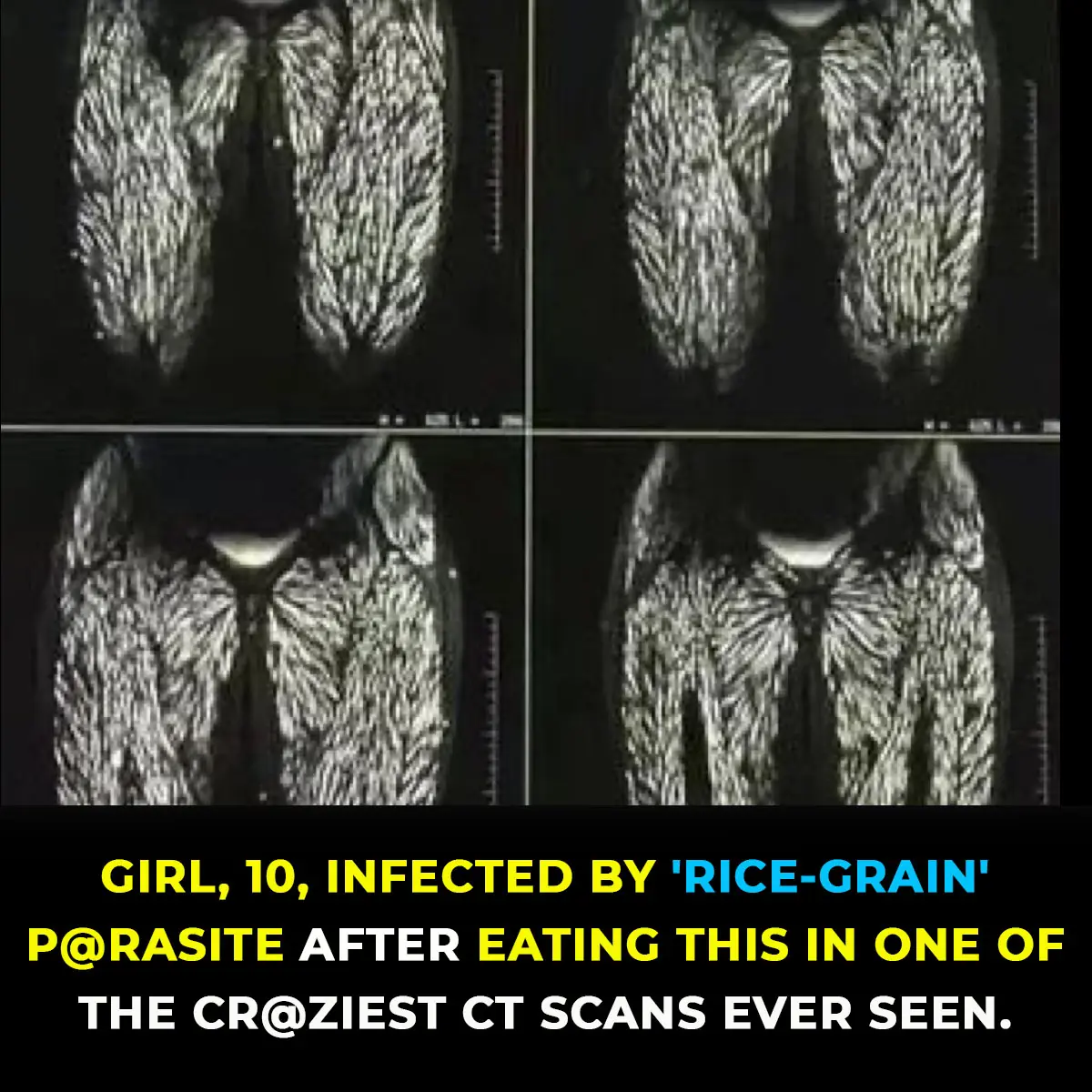
P@rasite Found In Br@in Of 10-Year-Old Girl After Eating Undercooked Meat Leaves Experts Horrified
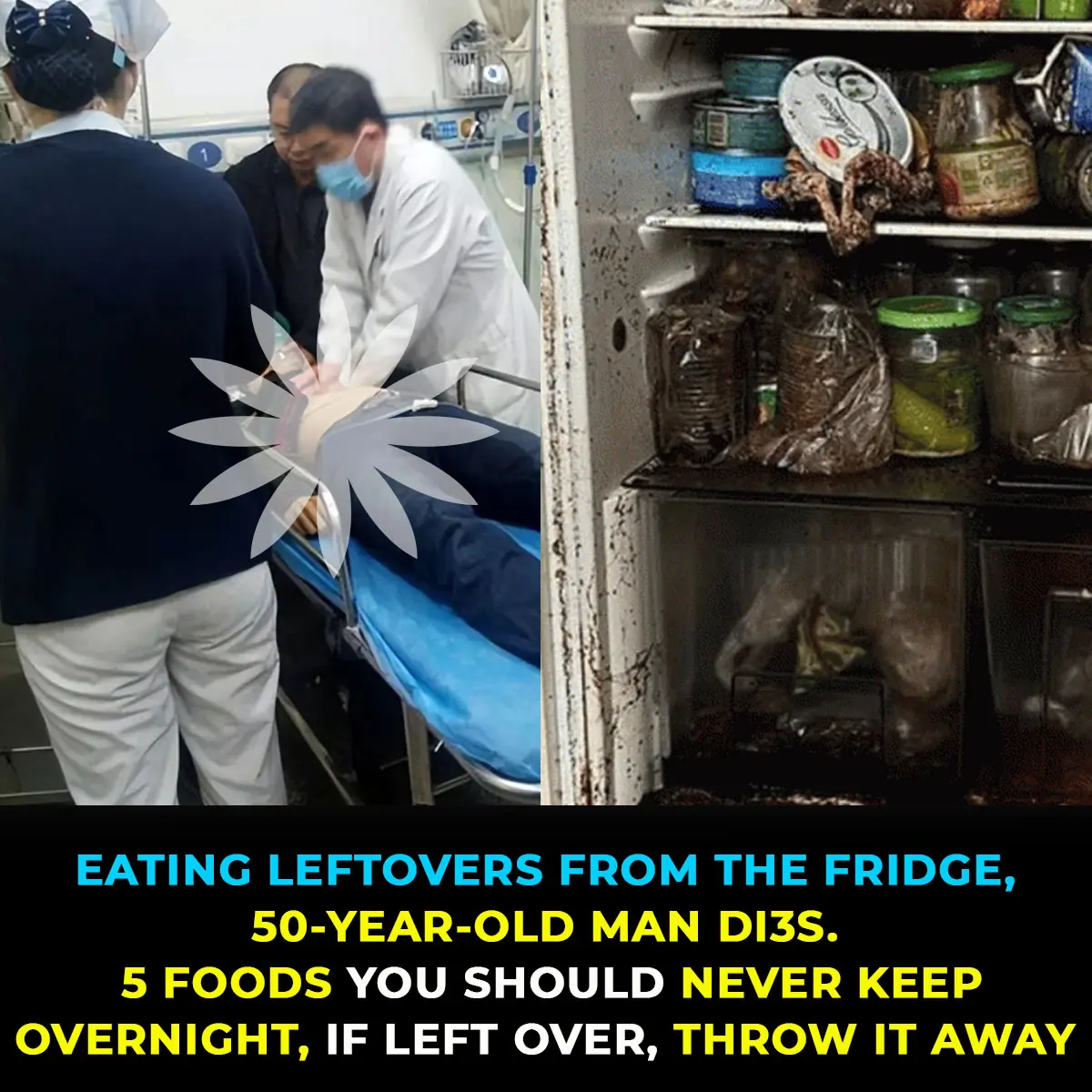
5 Common Foods That Turn Toxic If Left Overnight

The Hidden Meaning Behind Leg-crossing — It’s More Than Just Comfort
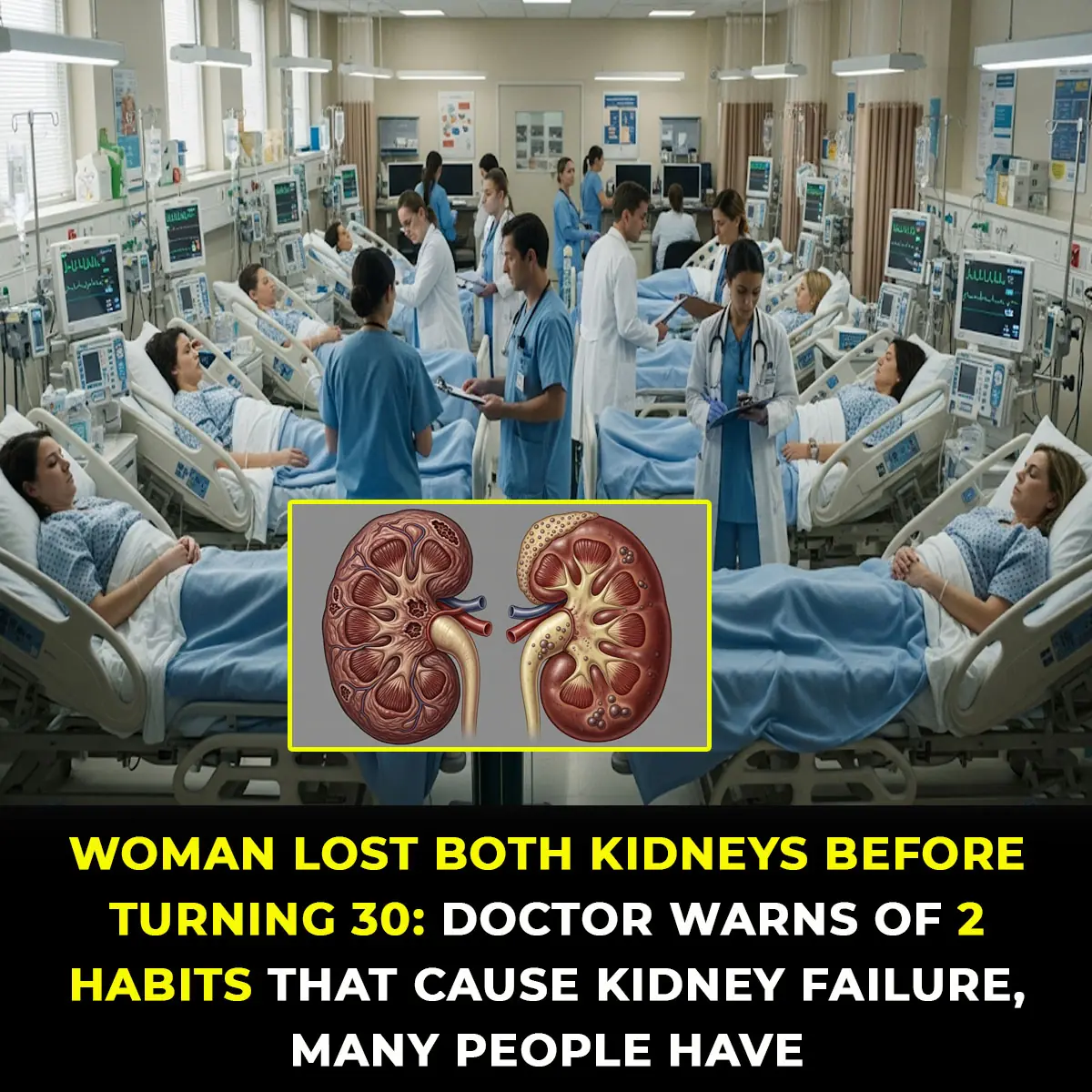
HealthWhy Kidney Failure Is Striking The Young—And How To Stop It
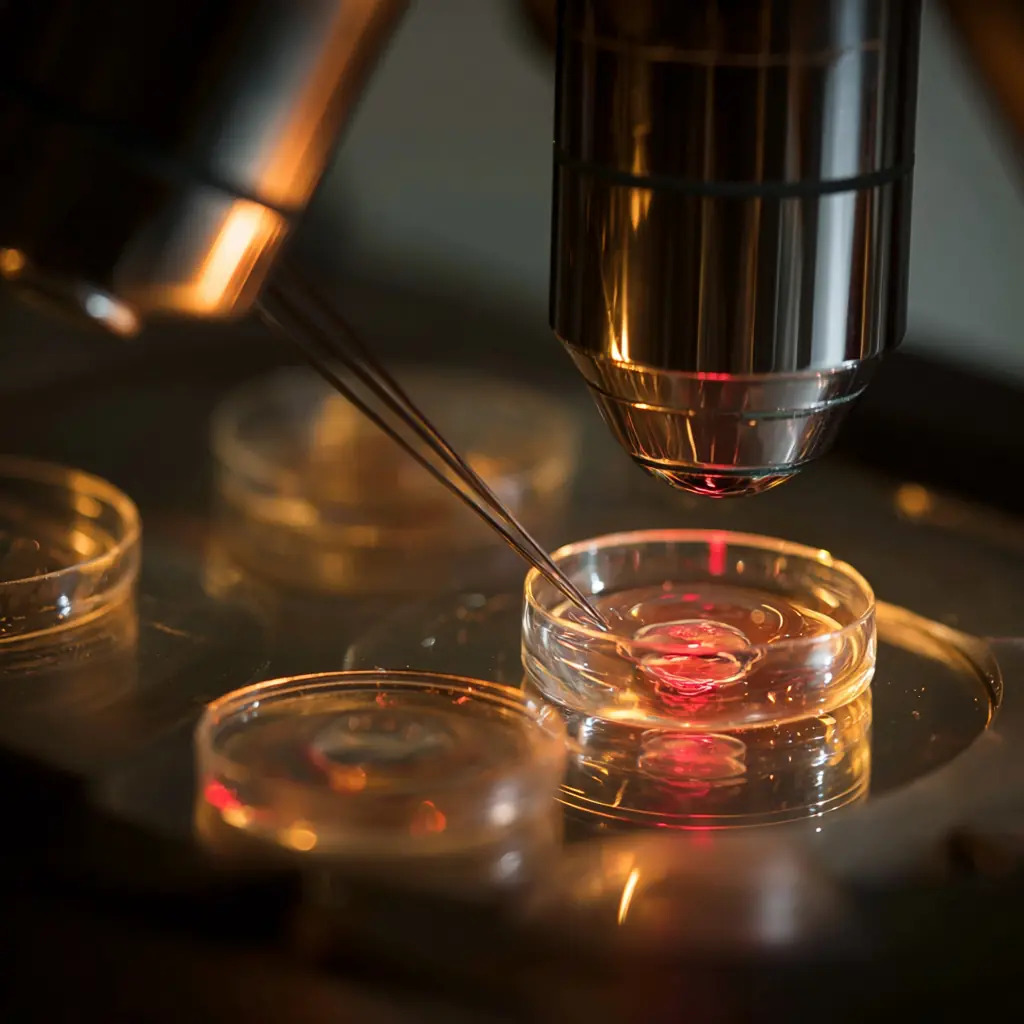
ScienceScientists Found The Hidden Factor Behind the Global Infertility Crisis, And It’s Terrifying
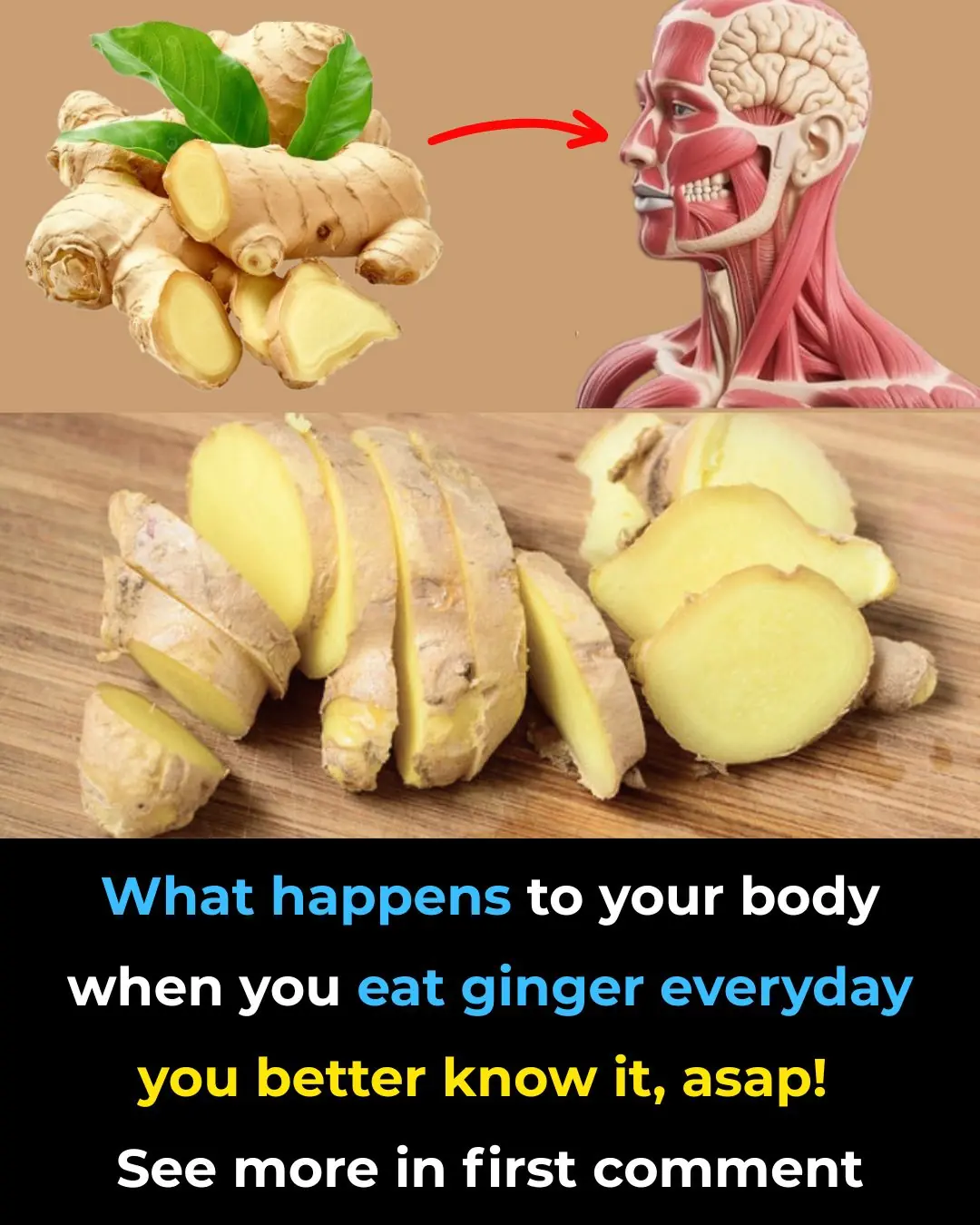
12 Remarkable Health Benefits of Ginger
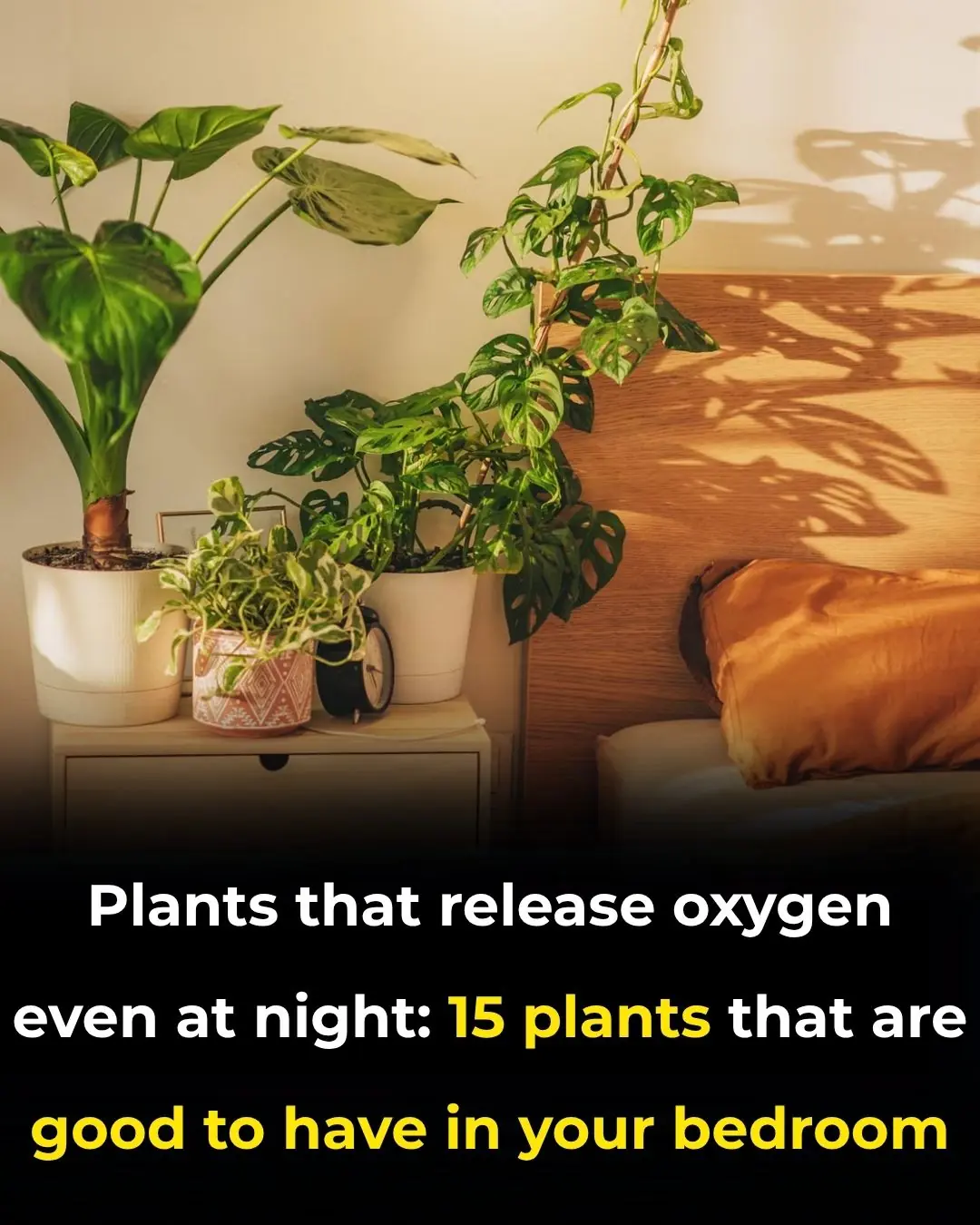
17 Best Bedroom Plants for Clean Air & Low Light – NASA Study
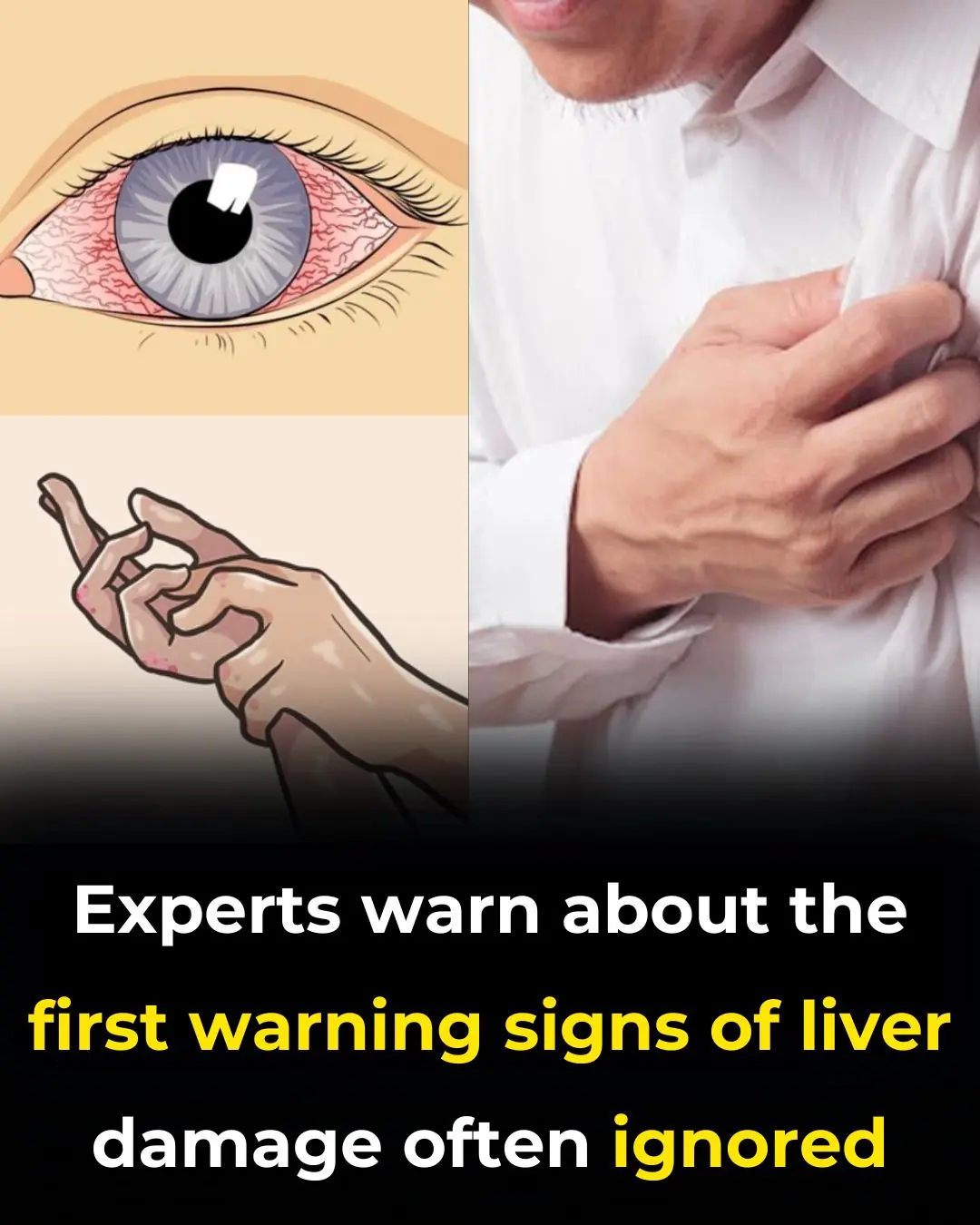
Early Signs of Liver Damage & How to Strengthen Your Liver

'Healthy' man reveals only sign of bowel cancer he noticed in bathroom - and it wasn't bl00d in the loo
When 38-year-old Dave Paxton noticed his stool had turned darker than usual, he had no idea this small sign would lead to a devastating cancer diagnosis—one so rare that only 22 people in the world have ever had it.
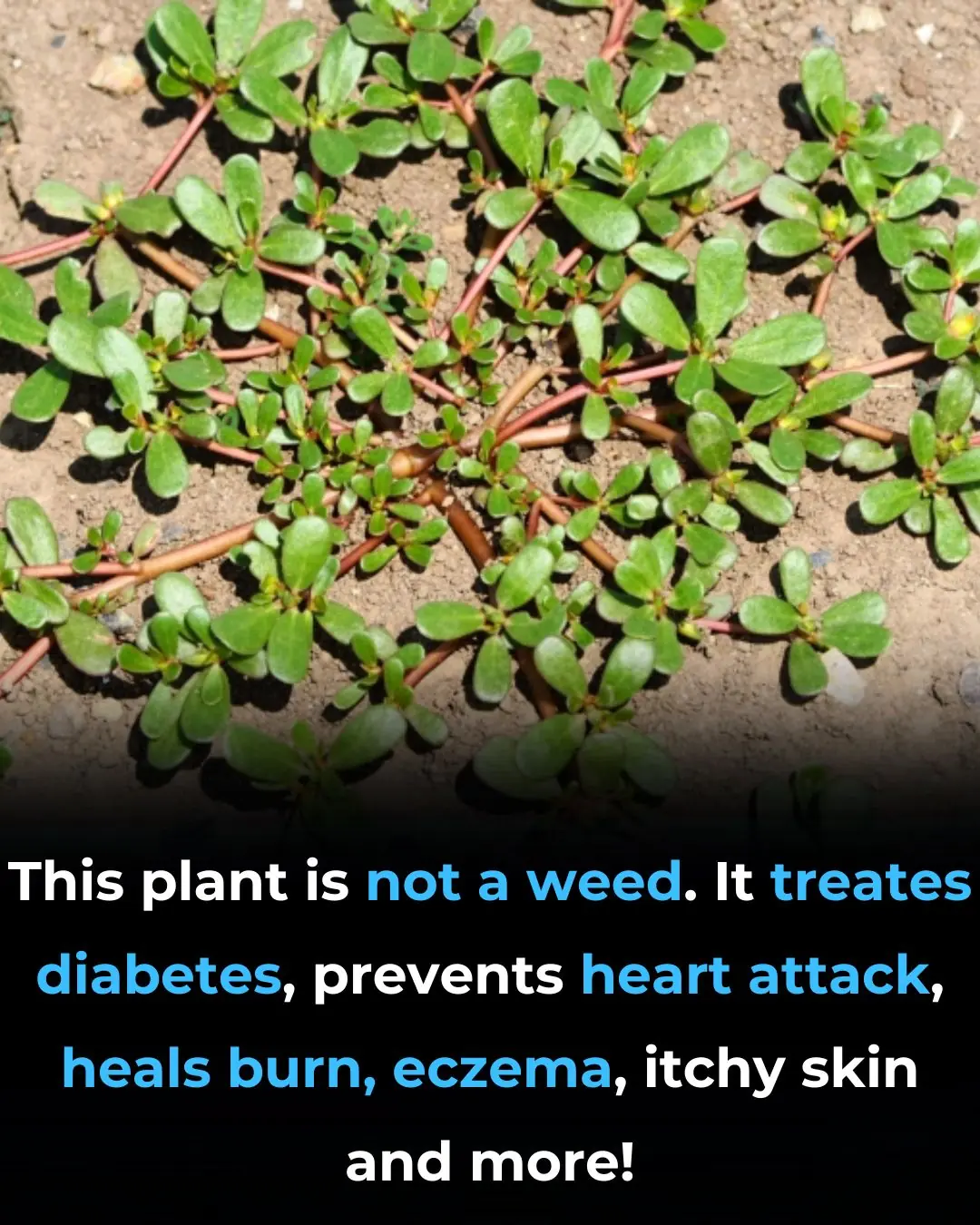
Purslane (Portulaca Oleracea): The Weed with Extraordinary Benefits (Science Based)

Consciousness Is Not Confined to the Brain, But Is Connected To The Whole Universe, Scientists Say

After Surviving 800 Snake Bites, This Man’s Blood Could Be the Universal Antivenom the World’s Been Waiting For
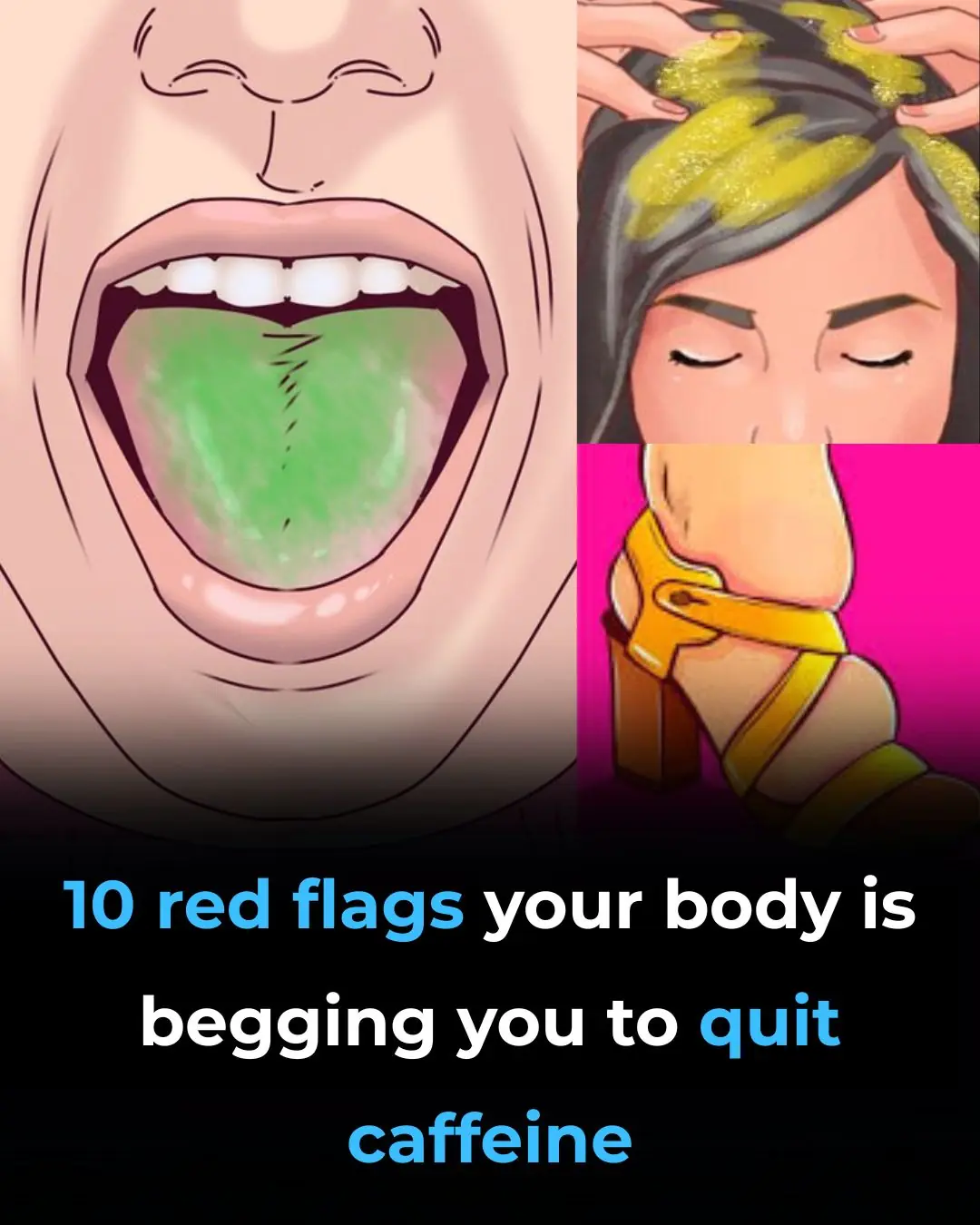
10 Warning Signs It’s Time to Cut Back on Caffeine

“Cases Are Exploding”: Living Near a Golf Course May Raise Your Risk of Parkinson’s, Study Warns
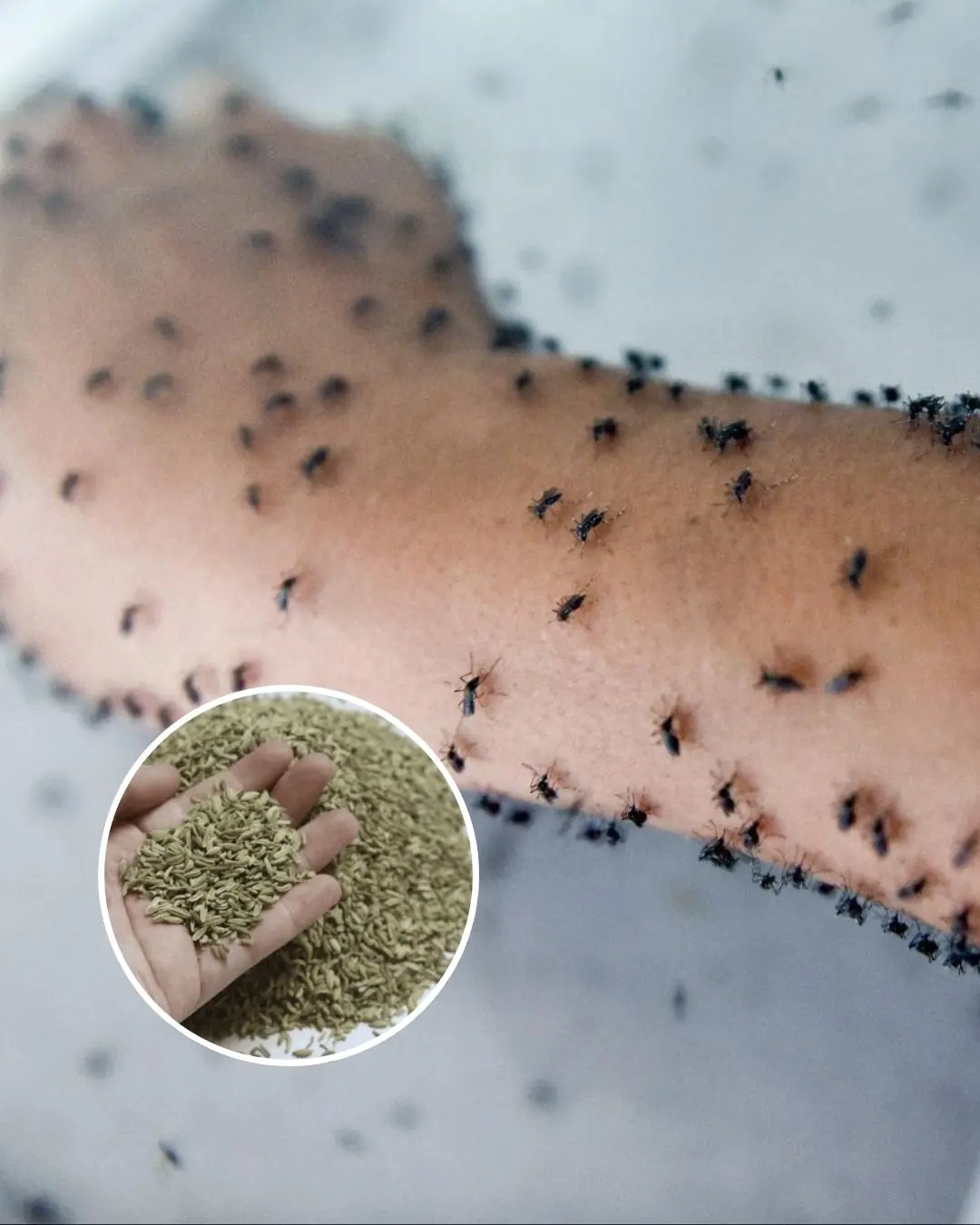
You’ll never see mosquitoes again if you do this

What to Eat to Boost Energy After 60: Key Foods for Vitality and Well-being.
News Post
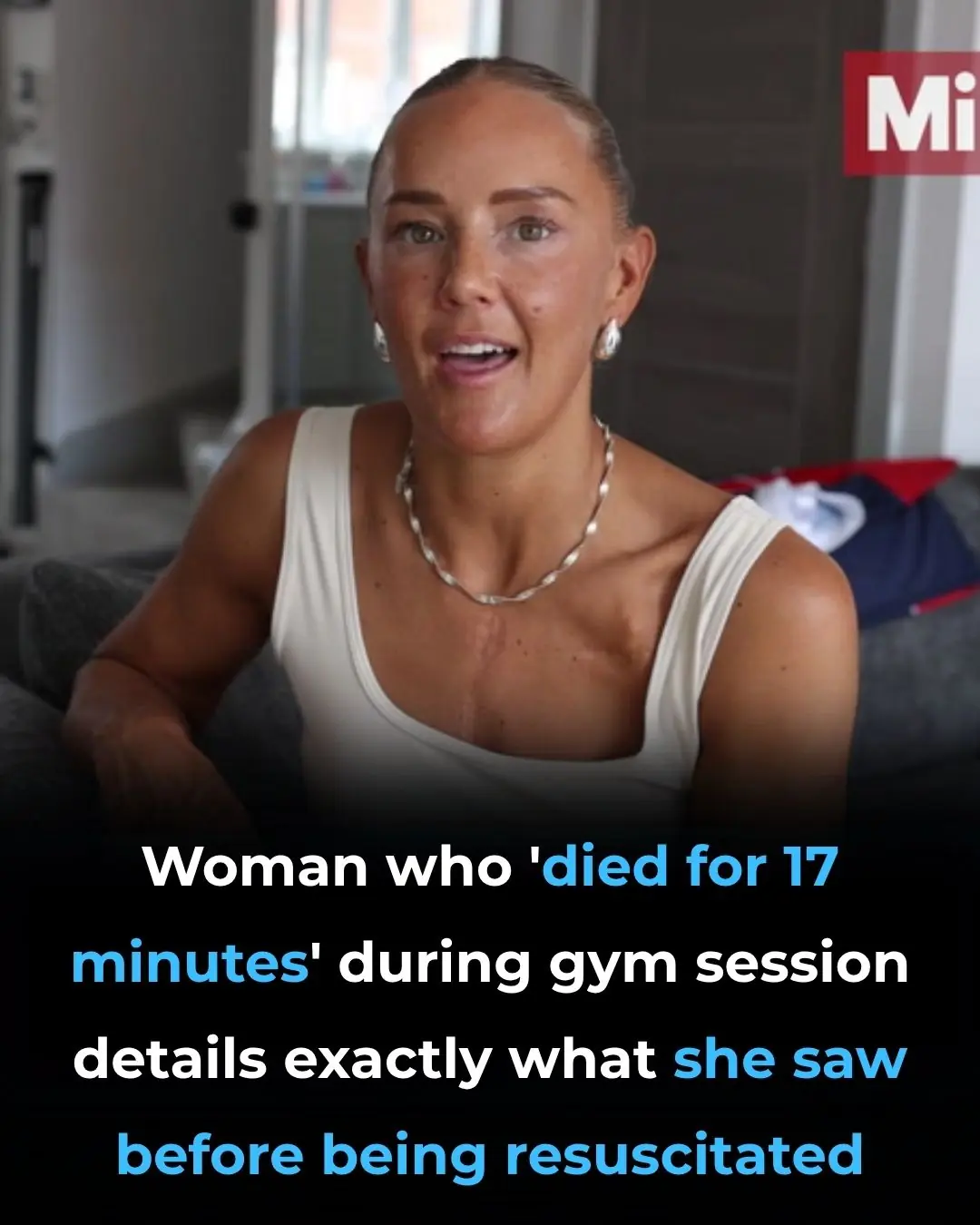
British Mom Who 'Died' For 17 Minutes After Workout Shares What She Witnessed

Dealing with 10 Common Bathroom Pests

How to Improve Blood Circulation Naturally (Research Based)

Scientifically Proven Health Benefits of Cayenne Pepper

Free download offered to PlayStation gamers as way to 'make amends'

Chaos following discovery of radioactive wasp nest at former US nuclear weapons site

Beyond the Badge: One Officer’s Journey to Becoming More Than a Uniform.

7 Thing That Happen To Your Body When You Stop Having Intimacy Moments
Taking a break from intimacy doesn’t mean something is wrong. In fact, it can be a time for growth, healing, and self-discovery.

From Suspension to a Second Chance: How One Principal Changed a Life Forever.

The Hawk on the Porch: A Quiet Cry for Help.

I Filed for Divorce After Catching My Husband Cheating – Our Son's Words in Court Left Everyone Speechless

My Selfish Sister Stayed by Mom's Side When She Fell Ill, but Everything Changed after the Doctor Shared Mom's Last Words – Story of the Day

My SIL Gave Me Her Old Armoire and Made Me Pay for Moving It – Then She Came with an Outrageous Demand

The Meteor That Changed Two Lives: A Story of Unlikely Family

P@rasite Found In Br@in Of 10-Year-Old Girl After Eating Undercooked Meat Leaves Experts Horrified

Ancient Inscriptions Inside Great Pyramid Rewrite History Of Its Builders

5 Common Foods That Turn Toxic If Left Overnight

Nurse at palliative care reveals the top 5 regrets of people right before they di3d
